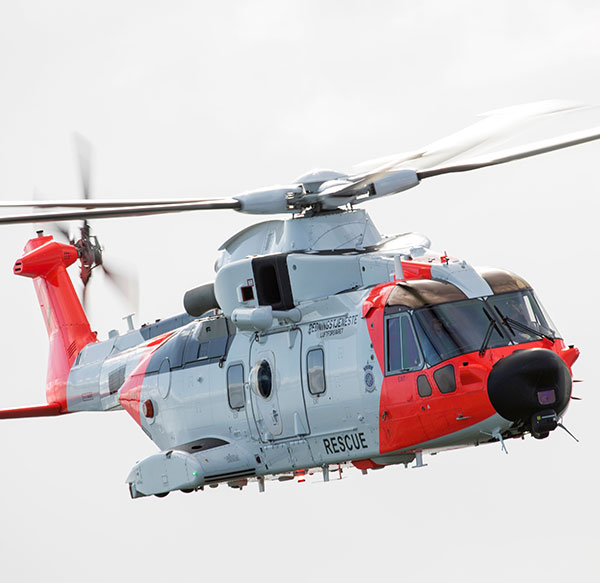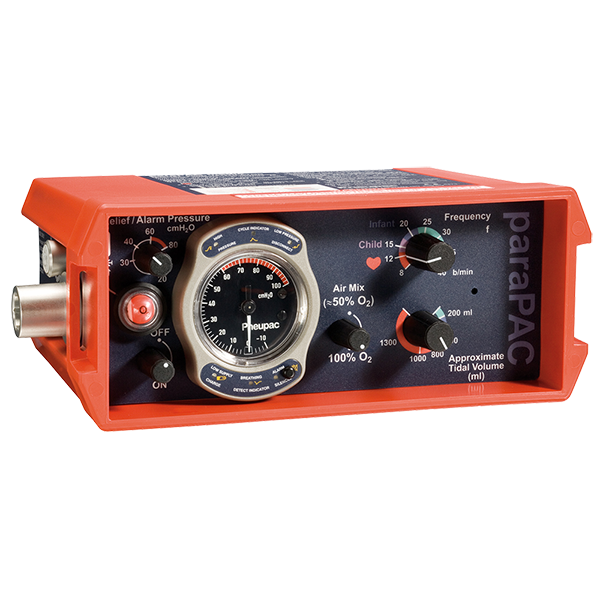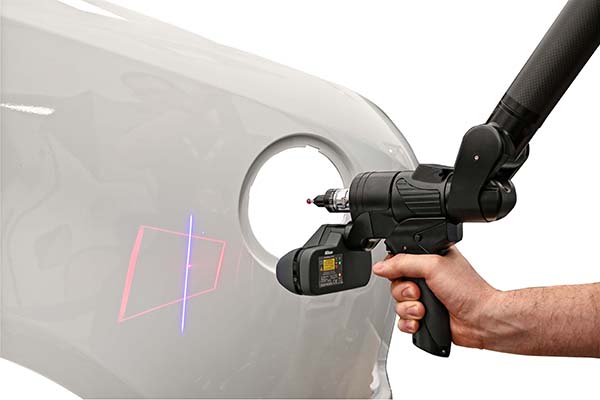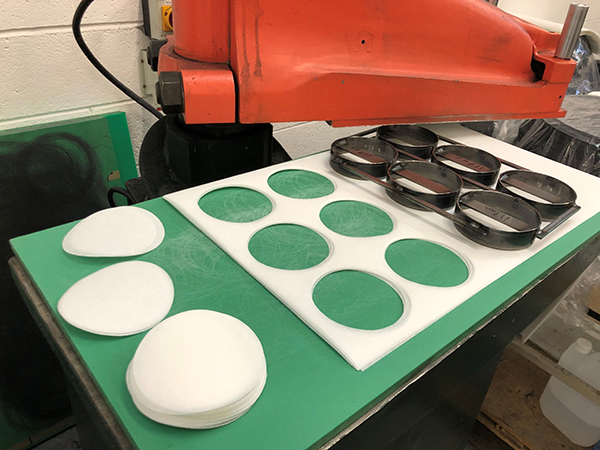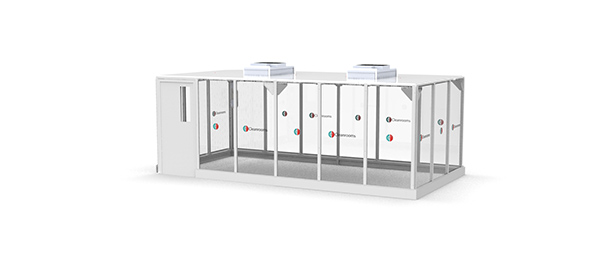A manufacturer of static CMMs, LK Metrology, has for the first time diversified into the supply of 3D articulating arm metrology systems, otherwise known as portable arms, with the launch of a range of 24 machines called Freedom arm.

Within the range there is a six-axis model for touch probing and a seven-axis version for multi-sensor metrology, including laser scanning. Both are available in two accuracy levels, and the four products come in six sizes with a reach of up to 5 m. International sales and support is through the company’s offices in the UK, North America, Belgium, France, Germany, Italy and China, as well as via a worldwide distributor network.
“The solutions we can offer customers are greatly expanded by the range of arms,” says marketing manager Dave Robinson, who is based at the firm’s CMM factory near Derby. “Their portability makes them suited to line-side measuring and inspection in factories, while their compactness makes them ideal for use on machine tools, for in-process quality control.
“This new product platform is also particularly appropriate for reverse engineering applications, virtual assembly design environments and 3D modelling,” he adds. “Moreover, if very high precision tolerances do not have to be measured, a portable arm is a cost-effective way to progress from manual to CNC metrology.”
The two six-axis arms for tactile inspection are named Freedom Classic and Freedom Select, the former being the entry-level model and the latter the enhanced accuracy version, which is supplied with a calibration bar.
The addition of an extra degree of freedom provides infinite movement and enables laser scanning with a Nikon Metrology ModelMaker H120, MMDx100 or MMDx200. These seven-axis arms, again in two accuracy versions, are called Freedom Classic Scan and Freedom Select Scan.
For further information www.lkmetrology.com







